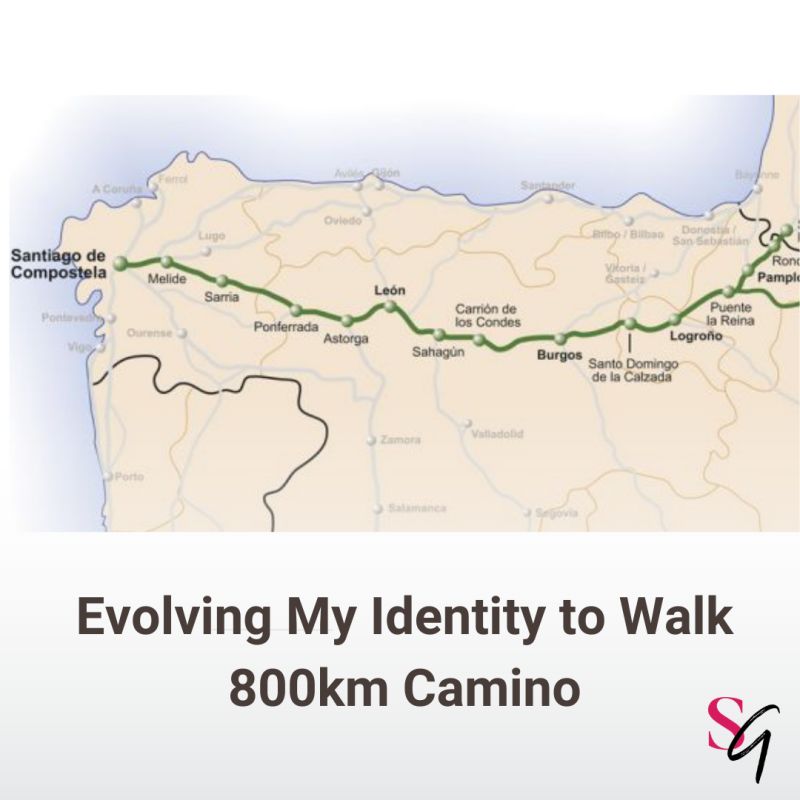Short-cuts to Strong Business Development
Whether you are approaching new prospects, or getting to know new starters at existing client companies, how quickly you can develop trust dictates how quickly revenue starts flowing.
The problem is you haven’t got years to do it in. While you’re doing due diligence on the relationship over time, the client’s existing suppliers are taking the work and building future prospects.
But what can you do? Without those years of working together, you are playing second fiddle to suppliers your new client has been working with for years. There’s no substitute for projects worked and goals achieved together. Or is there?
Speed-Trusting
Well yes, there is – I call it ‘Speed-Trusting’ and in western cultures, using these techniques can get you on the inside track to winning highly profitable work quickly.
Behavioural economics reveals that we all use context-based heuristics and biases (shortcuts) to make decisions – and that includes your clients. So, with the right know-how, we can set these short-cuts for our relationships too. We can get from A to C without having to do all the work at B.
How a new Babyfood Brand disrupted the most risk-averse market of all
Speed-Trusting techniques enable us to feel trust even in potentially risky situations. Take the example of the baby food ‘Rafferty’s Garden’, launched in Australia in 2007. Mums are rightly risk-averse with their babies. They claim that a trusted brand is paramount in the choice of food. However, within 2 years the new brand had almost a fifth of the market, causing decades-old, paragon of trust, Heinz’s share to dive. How did the new brand achieve this? By using the techniques of Speed-Trusting, based on behavioural economics, psychology and semiotics. There were many factors involved in its success. In particular, it used the following 3 principles:
- Convenience trumps almost everything else and this product encouraged consumption anywhere, anytime, so as not to tie down the mother or make the baby wait for food.
- Archetype Semiotics set expectations The innocent archetype, consistently executed, removes the need for judgment, as it is inherently ‘simple and good’
- Fame and Social Proof: Rafferty’s Garden was early to market with spout and pouch format and hence was consumed at mum/baby social events every day, everywhere. A brand which is eaten in public has mass exposure and obvious peer support and therefore becomes ‘safe’ and desirable very quickly. In fact, it came to represent an aspirational, progressive mothering style: mums and babies who were always out and about socialising and being stimulated, rather than being stuck indoors – in the same way that 4 wheel drive cars suggest we have an active outdoor lifestyle.
By 2012, Heinz was trying to buy Rafferty’s Garden but not without having to make significant changes to its own baby food business in the meantime.
Speed-Trusting techniques can be applied to business-to-business trust development too. So, can you press a Speed-Trusting button and create trust at will? Do you have a set of initiatives and behaviours you automatically set in place when new clients replace old ones? And importantly, can you build that trust faster than your competitors.






